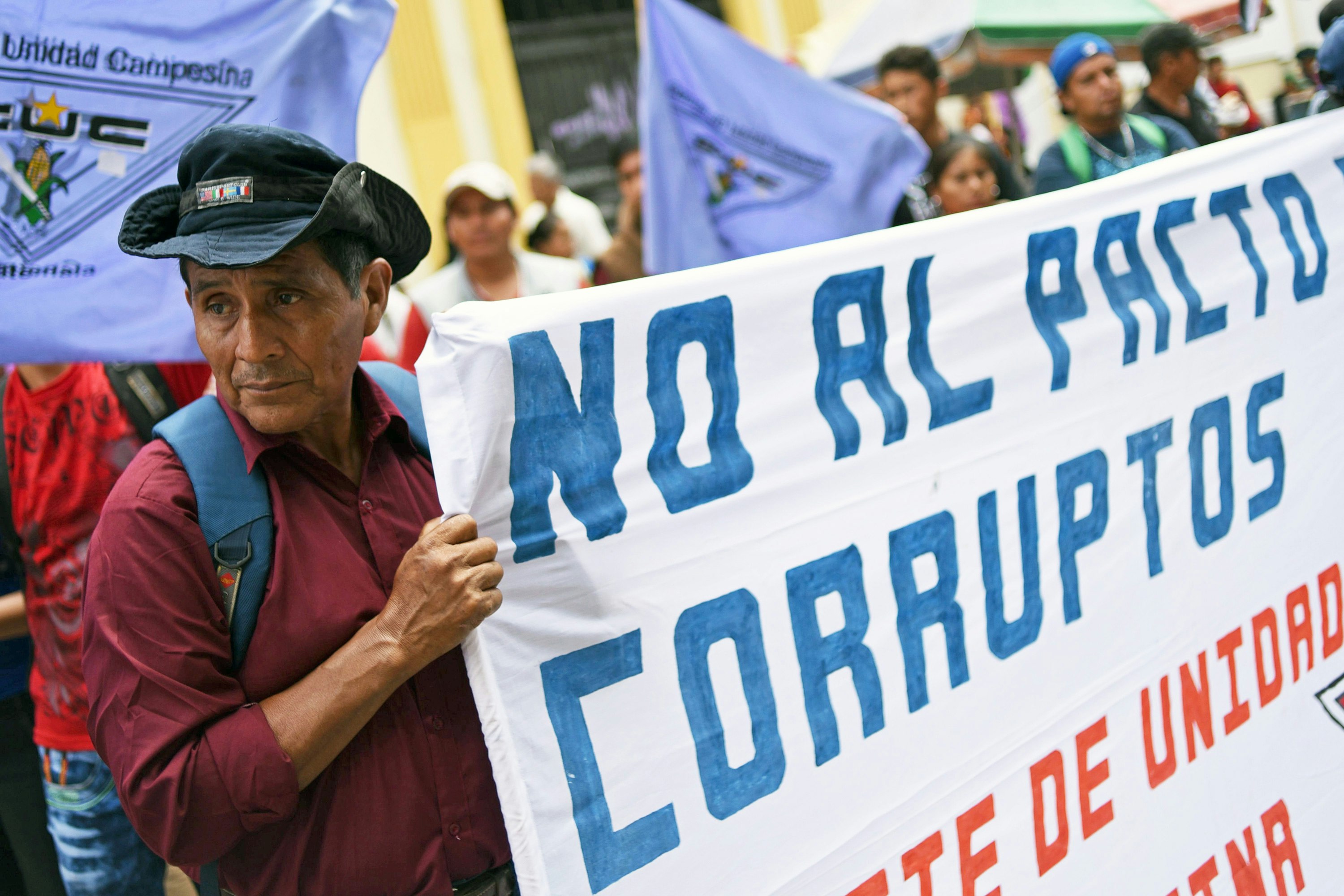APDHE v. Equatorial Guinea
Who Should Benefit from Africa’s Oil?
Equatorial Guinea has the highest GDP per capita in Africa, due to its oil wealth. But the majority of ordinary people live in poverty. Since 2004, public reports have revealed that public revenues were siphoned out of the public domain into personal bank accounts. A claim was brought to the African Commission that this violated the right of the people to freely dispose of their wealth and natural resources, protected by Article 21 of the African Charter. The African Commission declined to hear the case on the basis that the applicants had not exhausted domestic remedies, despite substantial concerns that any such claims would be futile and dangerous.
Facts
Equatorial Guinea has a relatively small population of fewer than 1 million. It has vast wealth from its natural resources, above all its abundant hydrocarbon deposits, but also forestry, fishing, and undeveloped resources including titanium, iron ore, manganese, uranium, and alluvial gold. Unlike many of its neighbors, the country has also been spared the ravages of civil war and invasion.
President Teodoro Obiang Nguema Mbasogo seized power in a coup in 1979. Beginning in the early 1980s, President Obiang began to implement wholesale expropriations of rich agricultural farmland on Bioko Island, owned mostly by Spaniards but also in some cases by Equatoguineans. The farmland was then distributed to members of his family and a small number of allied families, mostly from the president’s Mongomo region . This pattern of appropriation by the Nguema/Mongomo group continued in other areas including timber and even urban residential neighborhoods, all of which was undertaken without independent judicial oversight or meaningful compensation to owners, in violation of individual and collective property rights protected by the African Charter on Human and Peoples’ Rights.
When large deposits of exploitable petroleum and gas were discovered in Equatoguinean waters in the early 1990s, the ruling group used its previous acquisitions and political dominance to ensure itself control over the vast hydrocarbon resources, locking up for themselves the benefit of these new opportunities.
Despite this wealth, Equatorial Guinea remains at or near the bottom for every major development and governance indicator, far below countries whose per capita wealth should make them peers.
At the same time, reports have unveiled how a small group at the top of Equatoguinean society diverts to itself the better part of billions of dollars of oil revenues and other government earnings. Large portions of the income never touched Equatorial Guinea, moving directly from foreign oil companies into banks in the US, Spain, Luxemburg and elsewhere, and spent on cars, mansions and other extravagances for senior officials and their families.
Open Society Justice Initiative Involvement
Together with the Spanish human rights organization Asociación pro Derechos Humanos de España (APDHE) and EG Justice, the Open Society Justice Initiative filed a complaint to the African Commission on Human and Peoples’ Rights, arguing that this systematic corruption, including misappropriation of land and diversion of the oil wealth, violates the African Charter on Human and Peoples’ Rights.
Arguments
Spoliation. Article 21 of the African Charter grants the people of Equatorial Guinea the right to full and exclusive enjoyment of the country’s wealth. The Nguema/Mongomo group has for decades held a de facto monopoly on virtually all of the people’s natural resources and the economic opportunities resulting.
Corruption. In order to accomplish these violations, the Nguema/Mongomo group has established and maintains a far-reaching system of corruption affecting every sphere of life within Equatorial Guinea.
Control of the Judiciary. The government bolsters this system of corruption by control of the judiciary, using judges to implement and ratify the massive diversion of the people’s wealth, violating the duty to guarantee the independence of the courts, and the closely related duty to ensure the right of every individual to have his cause heard. The legal system in Equatorial Guinea is entirely subordinate to the will of the president and is regularly used to justify and directly enforce land expropriations.
Prohibition of Dissent. Protest and dissent are ruthlessly suppressed, and routine tools of governance include ignorance, censorship, fear, indefinite detention, kidnapping, torture, and extrajudicial execution.
The Commission denied admissibility of the Communication in its 10th Extraordinary Session in December 2011, citing a failure to exhaust domestic remedies and concluding the victims did not sufficiently prove a “clearly defined jeopardized situation if they tried to exhaust domestic remedies” Public reports continue to document the violent suppression of protest and dissent, routine censorship, indefinite detention, kidnapping, torture and extrajudicial killings in the country.
The Commission denies admissibility, dismissing the petition.
The Commission affirms the standing of NGOs to bring such a complaint.
The Commission forwards a preliminary objection made by the Equatorial Guinean government to the standing of APDHE as a non-African NGO.
Submission on admissibility of the case is filed with the Commission.
The Commission indicates that it has decided to be seized of the case.
APDHE, the Open Society Justice Initiative, and EG Justice submit an initial communication to the African Commission on Human and Peoples’ Rights, requesting it to be seized of the case.
Related Cases
Related Work
Dutch Appeals Court Affirms Misconduct by TMF Management B.V. in Mozambique “Hidden Debt Scandal”
The ruling demonstrates an increase in scrutiny of under-regulated sovereign debt markets in the Global South, and comes at a time when many countries are experiencing heightened pressure to recover from the COVID-19 crisis by borrowing money.
Justice Initiative Calls on U.S. to Deploy Global Magnitsky Act to Curb COVID-19 Rights and Corruption Abuses
The Open Society Justice Initiative is calling on the U.S. government to use the Global Magnitsky Act to address human rights abuses and corruption related to COVID-19 pandemic responses around the world.
International Prosecutors Fought Corruption in Guatemala. Now They’ve Been Ordered Out
The United States is acquiescing in the destruction of one of the few institutions that has shown success in targeting the main causes of Guatemala’s dysfunction.
